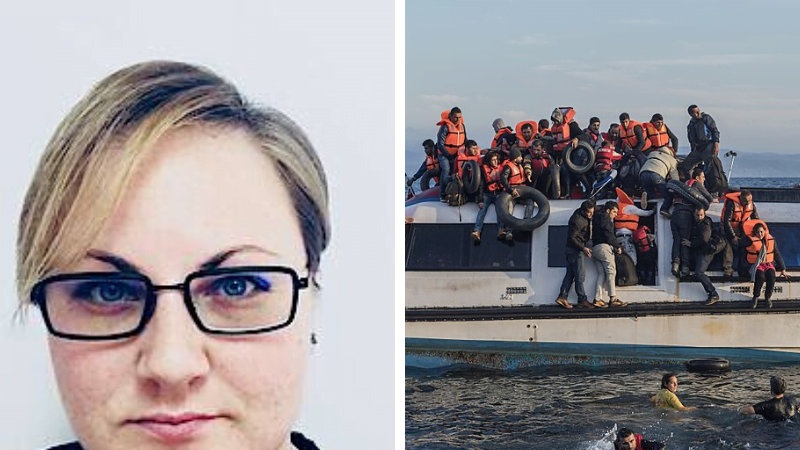The Commissioner for Refugees, Roberta Buhagiar, has no opinion on the deal struck between the Maltese and Libyan governments to send back migrants to Libya, despite it being illegal under international law.
When asked by The Shift about her view on the secret and controversial deal with severe human rights implications and whether, considering her duty to protect refugees, she could agree with such action, Buhagiar declined to comment.
Instead, she stated that her office was only responsible for “receiving and assessing applications for international protection lodged in Malta”. She added that “maritime law matters and rescue at sea operations do not fall within the remit of this office”.
While it is true that the remit of her role, as per The Refugee Act, does not include individuals outside of Maltese territory, part of her duties do include conforming with international best practices and protecting people against the risk of, or actual, persecution and serious harm.
The only reason these refugees are not in Malta and therefore under the jurisdiction of her office is due to the fact that the government made a deal, brokered by Neville Gafa, to intercept them and send them back to Libya.
Instead of finding safety in Malta, the asylum seekers are returned to a place that has been deemed wholly unsafe and where they are at risk of death, rape and torture.
International refugee law includes the concept of non-refoulment, which means that a country cannot send back a person to their country of origin if they risk facing endangerment upon return.
Additionally, governments who are responsible for the region in which survivors are found must provide a place of safety for them, ensuring that the survivors’ safety or life is no longer threatened. Disembarking refugees or asylum seekers in a territory where their lives and freedom are at risk must be avoided.
The 1951 Convention on Refugees also clearly states that refugees or asylum seekers must not be “expelled or returned in any way to the frontiers of territories where his or her life or freedom would be threatened on account of his or her race, religion, nationality, membership of a particular social group or political opinion”, and this refers not only to their home country but any other territory where they may face such a threat.
Sending refugees back to Libya is a violation of all of these laws, and more. The United Nations has repeatedly said that people rescued from the Mediterranean “should not be taken back to Libya because it cannot be considered a safe port.”
A December 2018 Office of the High Commissioner for Human Rights (UNHCR) – the organisation Buhagiar worked for in Malta for a number of years until she accepted a political appointment – found that those in Libya and those being returned to the country were at risk, and suffered from inhumane conditions, starvation, abuse, exploitation, death, rape and sexual violence, arbitrary detention, forced labour and torture.
Then, in June, the UNHCR Special Envoy for the Central Mediterranean, Vincent Cochetel, reiterated yet again that there was no known safe port in Libya. But Buhagiar had no opinion on this, despite advocating for the organisation’s demands in her past life.
The European Commission has also confirmed that Libya fails to meet basic international standards for disembarking rescued migrants, saying that “the Commission has consistently maintained that it does not believe these conditions are being met in Libya.”
Gafa, an official in an unofficial position at the Office of the Prime Minister while at the centre of the medical visas scandal, acted as an intermediary between Maltese and Libyan governments to intercept migrants headed towards Malta and return them to Libya.
Gafa has been accused multiple times of bribery in relation to the issuing of medical visas to Libyan nationals. He also met with a Libyan warlord during one of his recent visits to the country, claiming he was on holiday and just bumped into him.
While journalists spent months trying to figure out which government department he worked for, as all those responsible shifted him from one Ministry to another to distance themselves from what was clearly an unacceptable deal, the Prime Minister had to admit he was the one who commissioned him to act on the deal, while even the Foreign Minister denied involvement.













